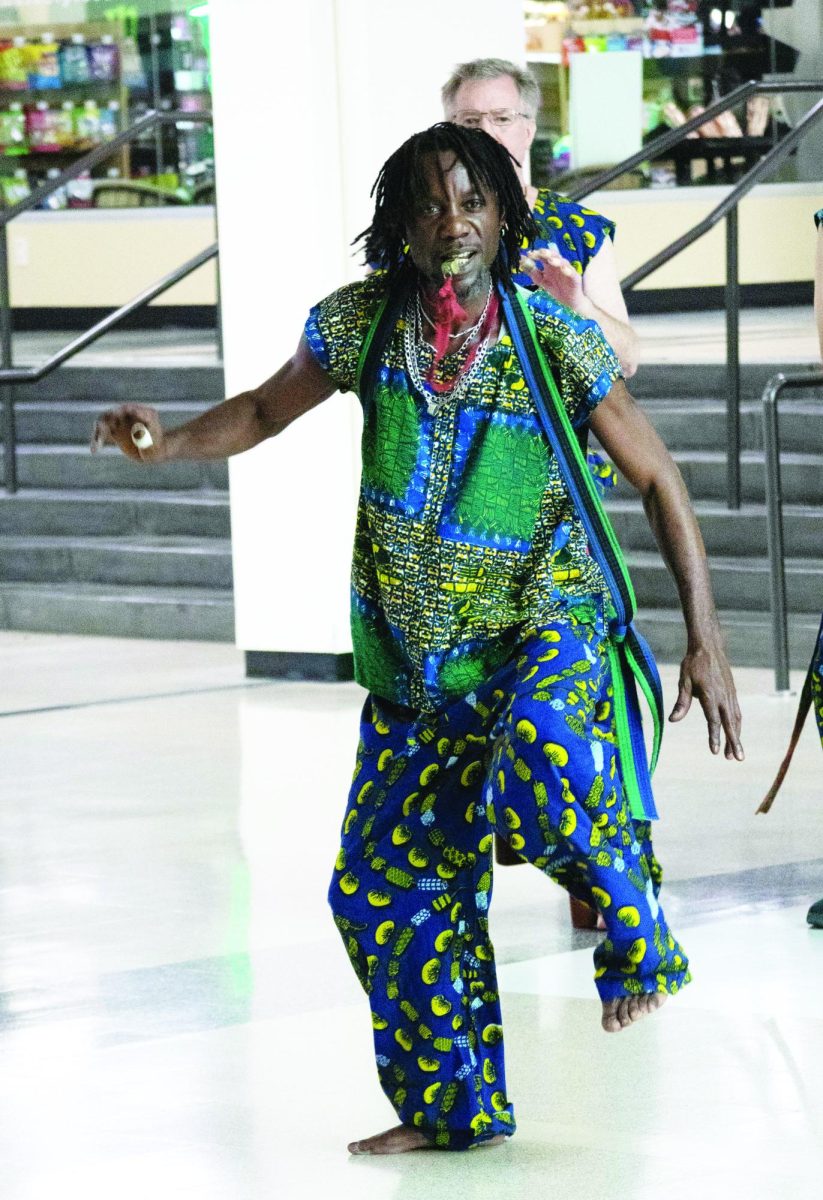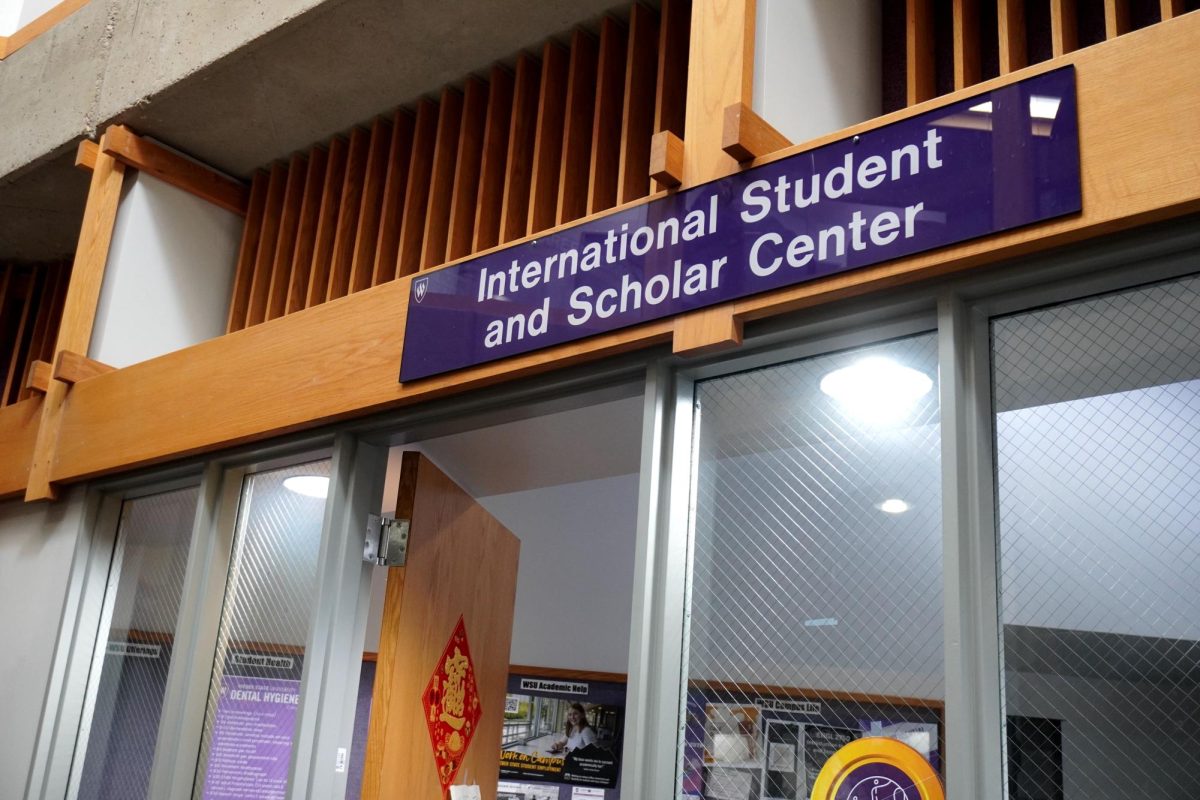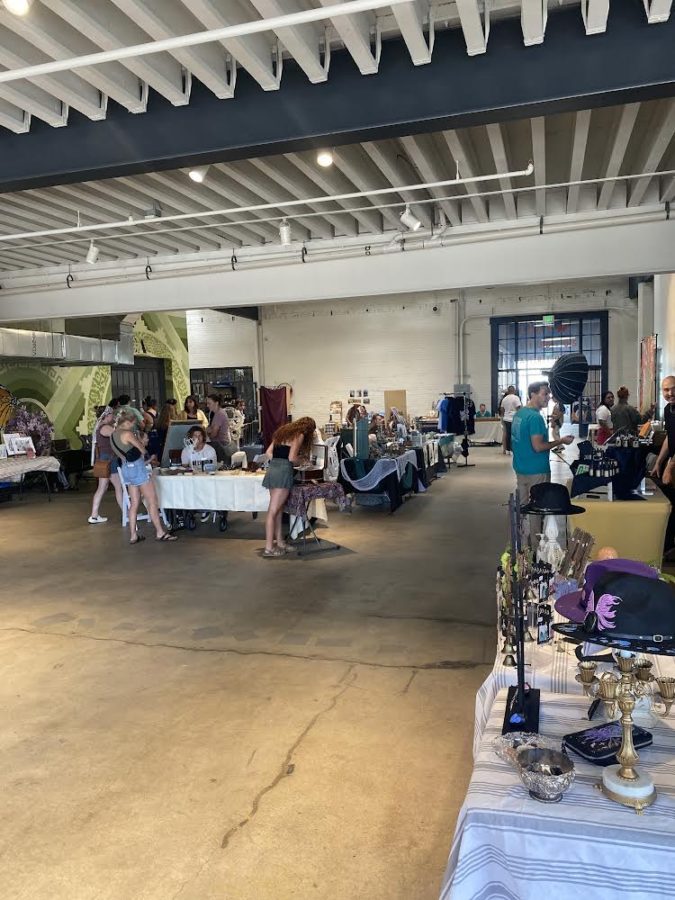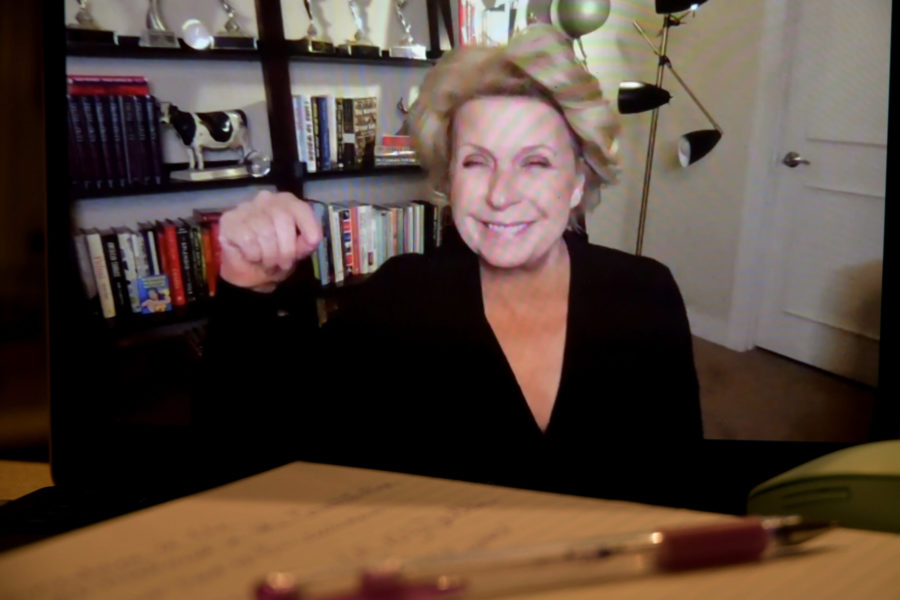
With Constitution Day being on Sept. 17 this year, there have been multiple panels and lectures going on throughout the week, especially those concerning the rights of minorities when it comes to voting.
“We like to think that our country was founded upon principles, democracy, but in fact, we were founded on principles or aristocracy, so the only people who could vote were white, male property owners over the age of 21 years,” Director of the Voting Rights Projects Laughlin McDonald said.
Last Wednesday, Sept. 14, McDonald spoke about how the rights of voting for everyone, including Native Americans, came about.“Half of American men did not get the right to vote as a matter of federal law (323) until passage of the 15th Amendment in 1870,” McDonald said.
When the 15th Amendment passed, stating that “the right of citizens of the United States to vote shall not be denied or abridged by the United States or by any State on account of race, color or previous condition of servitude,” this amendment didn’t prevent all of the issues, McDonald said.
There were poll taxes involved and literacy tests. Many places, for example the southern states, made it illegal for any man or woman of color to learn to read and write, therefore preventing colored men from voting.
“Laughlin McDonald has participated in numerous lawsuits brought on behalf of Native Americans that challenged discriminatory practices such as at-large elections, burdensome identification requirements, and noncompliance with the Voting Rights Acts,” reads the book jacket of “American Indians and The Fight for Equal Voting Rights,” written by McDonald.
Although he has influenced the rights for Native Americans, it is not all that he focused on during his lecture. He shared the history and stories of the voting rights for all Americans. The address was titled “America’s Past-And Continuing-History of Voter Suppression” and was in honor of Constitution Day.
McDonald encouraged visitors to read his book, which is available in the book store. “This book explores [Native Americans’] fight for equal voting rights,” the book’s jacket continues, “and carefully documents how non-Indian officials have tried to maintain dominance over Native peoples despite the rights they are guaranteed as American citizens.”
The book also said that “he describes past and present-day discrimination against Indians and paints a broad picture of Indian political participation. Incorporating expert reports, legislative histories and hundreds of interviews with tribal members, this insightful study recounts the extraordinary progress American Indians have made and looks toward a more just future.”
McDonald has written other books concerning this topic, as well, including “A Voting Rights Odyssey: Black Enfranchisement in Georgia” and “The Rights of Racial Minorities and Racial Equality.”


















